Air pollution Q&A
Scare stories about air pollution regularly come across journalists’ desks and we get questions about them. Are diesel cars a danger to our health or should we worry more about [...]
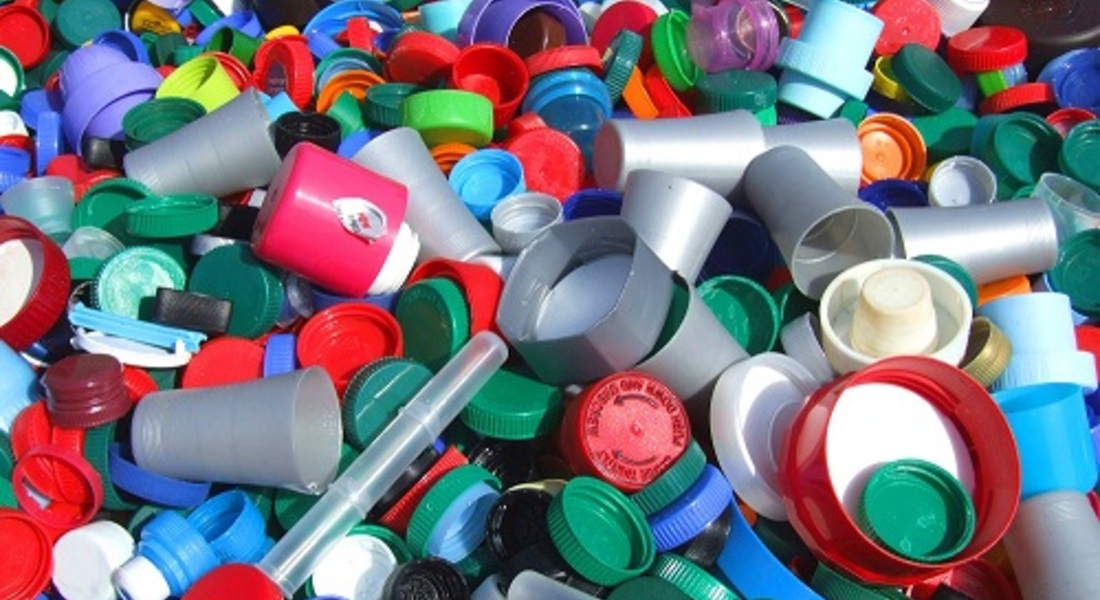
How often are your bins collected? How many do you have, and what kind of waste goes into each one? What happens to the waste and recycling once it’s been collected? And on what evidence or rationale – if any – do local authorities across the UK base their approach to waste and recycling?
With hundreds of different waste and recycling schemes in place, it’s easy to get confused about where we should throw our paper, peelings and packaging. Looking just at dry recycling schemes on the Waste & Resources Action Programme (WRAP) Information Portal, there are 404 schemes in place across England, Scotland, Wales and Northern Ireland. Four hundred and four – by our reckoning there are 434 local authorities in the UK, so that’s some impressive wheel-reinventing.
We haven’t trawled through these schemes to check if that’s 404 different schemes, but a quick glance shows the vast differences between the various local authorities in what they expect households to do with their waste.
You have to wonder about such variation in policy – why does Aberdeenshire accept foil in their recycling but York appears not to? How come Aylesbury Vale District Council accepts cardboard alongside their garden waste, but not food, whereas Harrow will take residents’ food waste with their lawn cuttings but not cardboard?
It isn’t as if waste management is an evidence-free zone – WRAP hosts reports on dozens of trials looking at the feasibility and impact of different approaches, and there are academic studies into how people can be nudged to recycle more. There’s the peer-reviewed literature to draw upon too, with journals dedicated to the (waste) matter – so how much of that research evidence finds its way into the kerbside wheelie bin?
Why should we ask about evidence on rubbish and recycling? Councillors of all parties across the country play a role in how waste is managed, it’s a key function of local government, and it’s right we subject it to some scrutiny. With billions of pounds spent on waste collection and recycling, and councils under immense financial strain, we need transparency on how this money is spent. Further, the way our waste is handled and recycling carried out could have significant impact on our carbon footprint and environmental pollution, particularly with a greater focus on reducing waste and in waste as a source of energy – but unless we know the evidence on which different waste policies are based, we can’t tell whether local authorities are doing all they can to help reduce climate change and pollution.
Perhaps each local authority carefully weighs up the costs, benefits and risks of various schemes, and evaluates randomised controlled trials of the different waste management options available to them to check which ones increase recycling or reduce landfill. Perhaps. Or maybe, decisions about which plastics we can and can’t recycle on a whim. It’s hard to tell, which is why we should all Ask for Evidence.
----
Update: Members of the House of Lords Science and Technology Committee put some of our questions on why there is such a wide variety of recycling policies throughout the UK to Environment Ministers during their inquiry into Waste Opportunities: stimulating a bioeconomy. Baroness Hilton of Eggardon pointed out that "Every single London borough has a different system for dividing up waste...." Environment Minister Dan Rogerson told the committee "We are absolutely clear that it is a matter for local authorities what is appropriate in terms of collection in their areas."
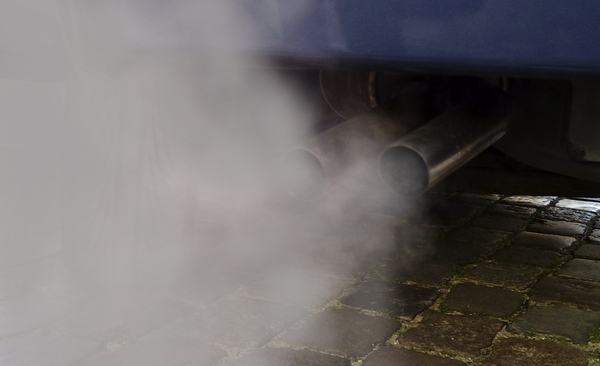
Scare stories about air pollution regularly come across journalists’ desks and we get questions about them. Are diesel cars a danger to our health or should we worry more about [...]
The team at GOV.UK want to know how they can better serve people who are attempting to hold the government to account, and understand the reasoning behind government decisions. Whilst you [...]
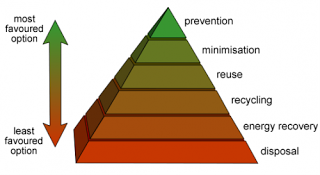
Few would argue against the importance of increasing the amount of waste we recycle. In Lewisham, we are keenly aware of the appetite of some of our residents for more [...]
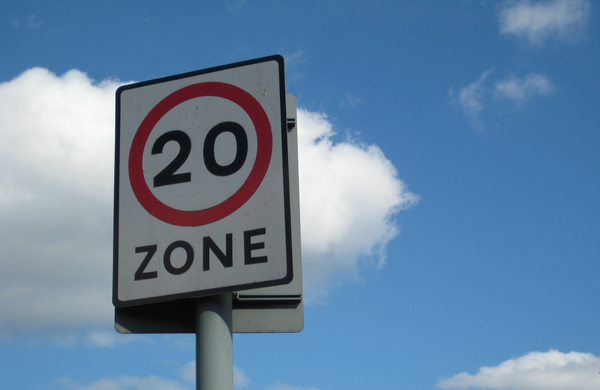
When Nick, a former driving instructor, saw the road safety charity Brake tweet ... It's estimated that every 1mph reduction in average speeds, crash rates fall by an average of [...]
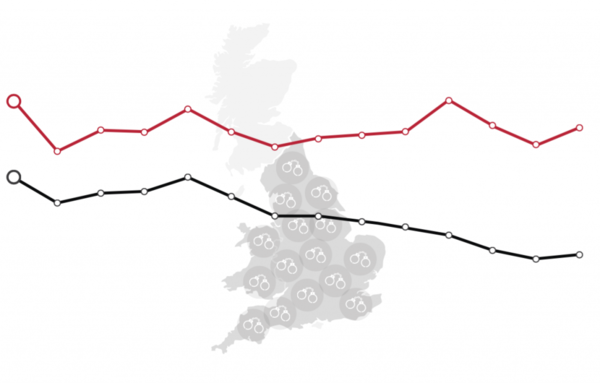
This guide looks at some of the key things we do know about crime and why it has been so difficult to make sense of crime policy. [...]

I live in Belgium, and recently read that the Flemish Parliament was debating new EU rules restricting children’s use of social media by introducing a digital ‘age of consent'. As [...]